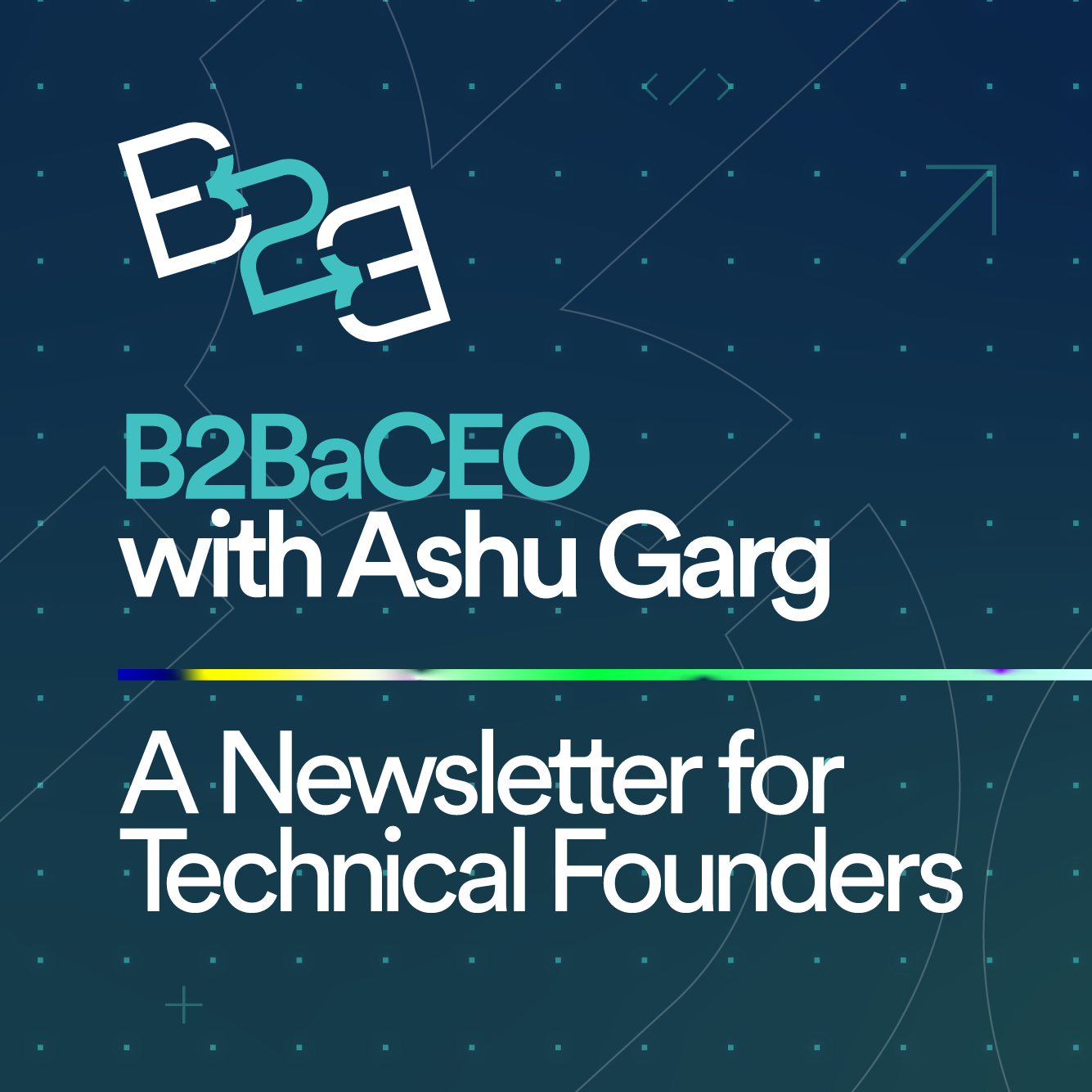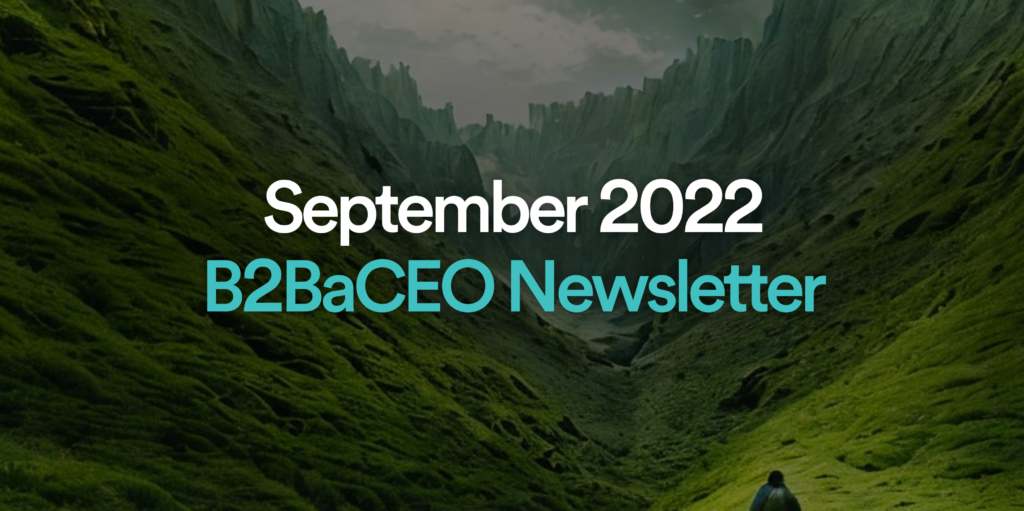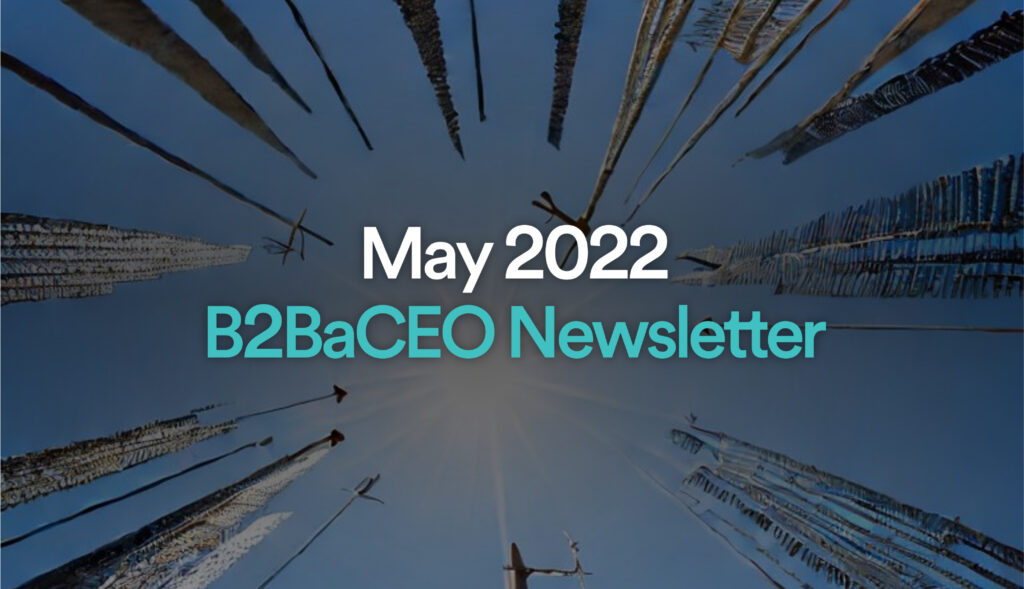B2BaCEO: Newsletter, January 2023
I share AI predictions from CEOs of AI companies. I interview the one and only Frank Slootman. I introduce you to my partner Angus, a born entrepreneur. And I lay out Foundation Capital’s new enterprise AI stack.
01.31.2023 | By: Ashu Garg
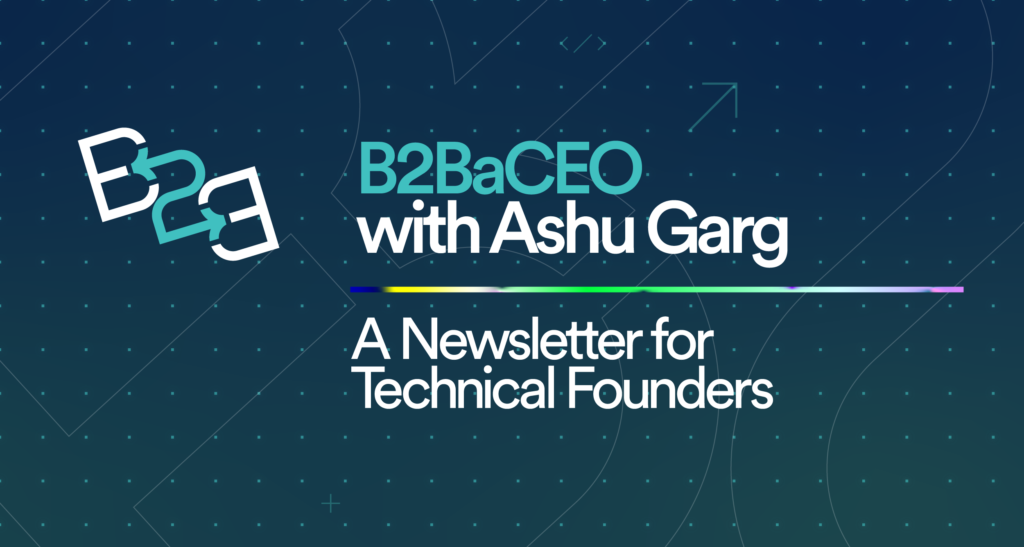
I. Here’s What I’m Thinking 🤔
It’s no secret that AI is the topic du jour among tech investors and entrepreneurs. AI used to be considered “boring”: a matter of processing paperwork, automating routine tasks, and making incremental productivity gains. Following on the heels of image-generating models like Stable Diffusion and DALL-E 2, ChatGPT has made AI cool again.
All the hubbub over ChatGPT’s near-human fluency, however, glosses over the very real gap between state-of-the-art AI models and how the vast majority of businesses operate. The fact is that most AI-enabled enterprises are squarely in the “boring” phase, far from deploying neural nets and other sophisticated algorithms, and struggling to get what implementations they do have to generate business value. For these companies, the thought of deploying large-language and image models in production seems like a futuristic fantasy.
Which is to say, enterprise AI remains in its infancy. Immense value remains to be created. This is something that our team at Foundation Capital has understood for over a decade. Long before the present-day frenzy, we recognized the potential of this technology to radically reshape the ways in which we work and live. Since 2012, we’ve invested across what I’ve termed the “enterprise AI stack,” from AI-optimized compute, data infrastructure, and MLOps up through AI applications.
As AI again becomes buzzy, I thought I’d go straight to the source—Foundation Capital’s first-class founders—and ask where they see this technology heading in 2023.
Here’s where they’re finding signal in the noise:
- We’ll run out of high-quality data to train LLMs — “There will be a shift from crawled data to generated data for model training. RLAIF (Reinforcement Learning with AI Feedback) will play a critical role in training high-quality models.” – Varun Kacholia, Co-Founder and CTO, Eightfold
- LLMs will become SLMs — “LLMs will drop an L and become Small Language Models that are just as performant for a desired use case. This will open up a slew of opportunities, as you’ll be able to fit and serve these smaller models anywhere, not just on gigantic hardware.” – Ali Ghodsi, CEO and Co-Founder, Databricks
- The Turing Test will break — “As language models like GPT-4 clear ever-higher performance thresholds, it will become increasingly difficult to distinguish them from a human during a conversation. In the next year or so, it will be very hard to know if you’re talking to a human or GPT-4.” – Ali Ghodsi, CEO and Co-Founder, Databricks
- AI will reinvent sales — “Imagine having a virtual avatar who is able to simultaneously take 100 sales calls that are specific to your product. When you do decide to take your own meetings, this avatar can provide detailed feedback on how you’re performing and offer concrete steps for improvement. I think companies like Gong are only scratching the surface. The same thing could even happen for venture capitalists!” – Jonathan Siddharth, CEO, Turing
- “Boring AI” will go mainstream — “I think ‘Boring AI’ continues to go mainstream, and software continues to eat the world. That is, almost every Fortune 500 company will have a savvy data science organization that is strategic for what they do. This will get us closer to my prediction that ‘If Software is Eating the World, then AI is Eating all Software.’” – Ali Ghodsi, CEO and Co-Founder, Databricks
- AI projects will be more successful — “80% of AI projects currently fail. As companies cut AI budgets in the face of macroeconomic headwinds, I suspect that we’ll see the number of successful AI projects increase. As reduced resources encourage focus, companies may actually be better able to realize ROI from their AI initiatives.” – Ion Stoica, Co-Founder, Anyscale and Databricks
- Design and HCI will beat technical moats — “Until recently, the industry line held that better models equate to better AI. Foundation models are changing that calculus and allowing both enterprise and consumer apps to rapidly incorporate AI capabilities. In this new paradigm, better products will beat better models. Rather than a technical moat, the best cognitive applications will have design and HCI moats.” – Jaya Gupta, Director of Operations, Foundation Capital
- Thinking through AI’s implications for society will become increasingly urgent — “AI is fast maturing to a level where it will tangibly impact our everyday lives. This makes the need to think through its legal, ethical, and societal implications more important than ever. For example, as generative AI augments human cognitive work, it will also raise complex issues around copycats, deepfakes, intellectual property, attribution, and enforcement—all of which need to be addressed with deliberate forethought.” – Devavrat Shah, Co-Founder and CTO, Ikigai

II. How to Amp It Up
This episode’s guest is the one and only Frank Slootman. Frank is the chairman and CEO of Snowflake, which he took public in a blockbuster IPO in 2020. Frank is also the author of the new book Amp It Up.
Most leadership books written by high-profile CEOs are collections of feel-good abstractions and inspirational quotes. But Amp It Up digs into the nuts and bolts, the blood and guts, of what it takes to build a great company. It reads like it was written by, and written for, someone who’s fought in the enterprise arena.
On this episode of the podcast, Ashu grills Frank about the lessons learned in the book and beyond: from building a high-performance culture, to hiring and firing, to trends in the enterprise that drive Frank nuts. True to form, the always unfiltered Mr. Slootman doesn’t hold back. This is a fun one!
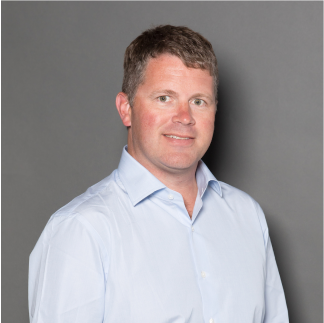
III. Meet My Partner: Angus Davis
Where are you from originally? I grew up in a small coastal New England town, Bristol, Rhode Island, which is famous for hosting the country’s oldest Fourth of July celebration. I have returned to Bristol to watch the parade every year in my life, except for one year when I was at sleepaway camp.
What did you want to be when you grew up? I was interested in entrepreneurship from a very young age. My first attempt at this was as an elementary school-age child, taking my grandmother’s magazines, tearing out interesting photos and articles, re-binding them with a stapler into a new magazine of my own creation, and attempting to sell them door-to-door, with mixed success.
What do you invest in? Prior to becoming a VC, I worked at Netscape in the 1990s on consumer internet software. Then I co-founded an enterprise software company, Tellme, that we grew to over 100 million in ARR before being acquired by Microsoft in 2007. After that, I founded Upserve, a vertical software + payments company for independent restaurants. So, my professional background — spanning enterprise software, SMB vertical SaaS, and fintech — all influence where I invest now. My most recent investments have been vertical software businesses with embedded fintech, but I have also led investments in consumer fintech, banking, and DeFi. Really I am investing in founders — at the early stage, it’s more about the team than anything else.
What’s the coolest technology experience you’ve ever had? As a child, I still remember my first “Hello, World” experience, where I could communicate using a modem by typing with my uncle. I couldn’t believe it when I saw his responses appear on my screen. I also distinctly remember expecting my father to teach me BASIC on our IBM PC. My dad had no idea how to program, but he read the three-ring binder manual that IBM had provided and did his best. That was more a fond memory of my dad than of a particular technology, but it left an impression. More recently, I distinctly remember the introduction of the iPhone in 2007 as a seminal moment that opened the door for an entirely new category of application software. At the time, I was working at Microsoft, and most of my colleagues in Redmond thought it was ridiculous that I was using an iPhone — they couldn’t believe anyone would be able to type on a phone with no keyboard. Oops!
One word to describe the kind of founders you look for. GRIT.

IV. Startup Spotlight: Fennel AI
Fennel is a fully-managed, real-time feature engineering platform that combines the simplicity of Python with the performance of Rust. Fennel removes the engineering friction from deploying real-time data pipelines, enabling ML teams to iterate on features at scale. Request a demo to see Fennel in action.
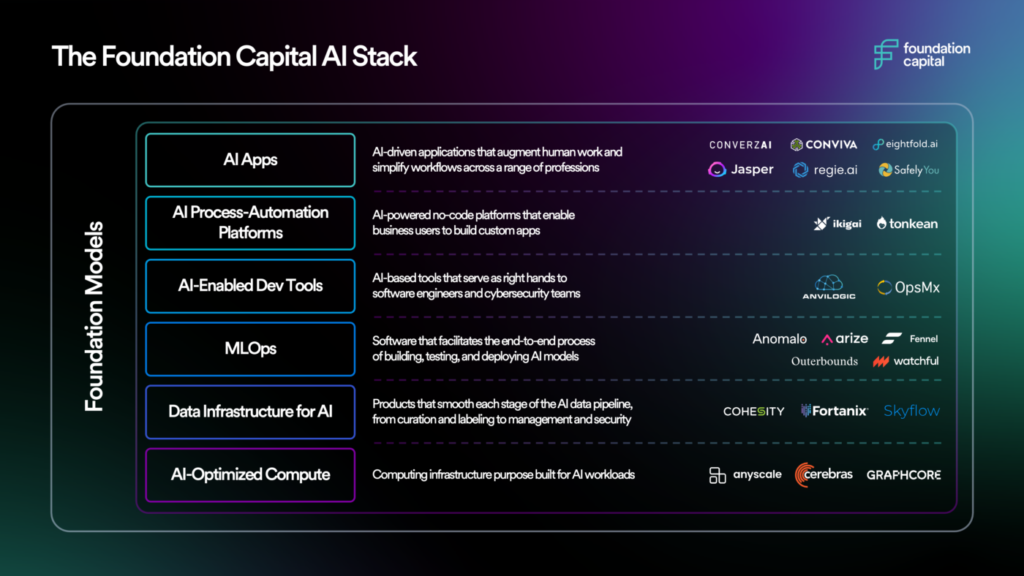
V. A ‘New World’ for Enterprise AI
At Foundation Capital, we believe that AI’s “new world” has just arrived. Sooner and more radically than we expect, AI will remake every major category of enterprise software. The size of the resulting economic opportunity is staggering: AI has the potential to unlock between $10 and $15 trillion in value annually worldwide. In most cases, incumbents will be unable to effectively respond. The white space for startups to both disrupt existing industries and enter markets previously untouched by automation is immense.
In a just-released blog post, I took the covers off of the Foundation Capital Enterprise AI Stack, our updated thesis on the space. Our enterprise AI stack comprises six distinct layers. Together, they afford a holistic vision of how AI will rearchitect the enterprise, from the compute engine to end-user applications. Give the post a read and let me know if you have any feedback!
Published on 01.20.2023
Written by Ashu Garg
